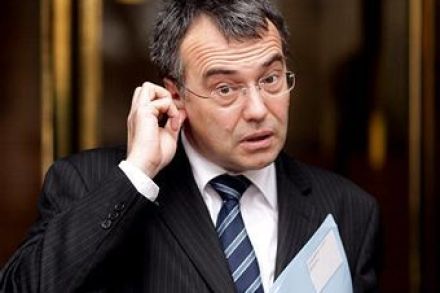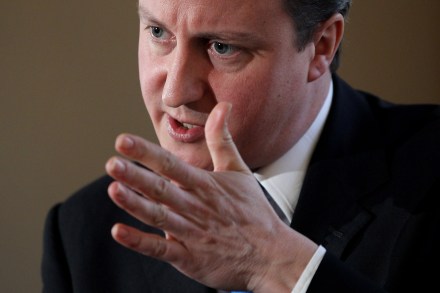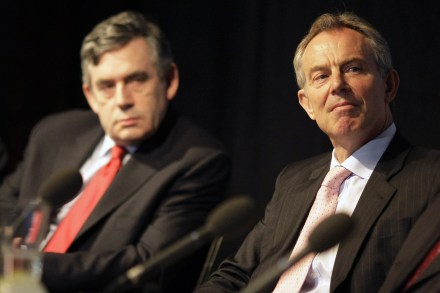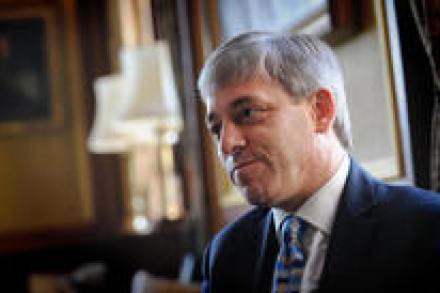The return of Chris Grayling
Adam Boutlon’s interview with Chris Grayling this afternoon felt like a pressure valve being released. Grayling’s recent low profile had already become a rolling story, and his absence from the speaking line-up at his party’s manifesto launch was bound to fuel more murmuring and speculation – so the Tories clearly decided to wheel him out in front of the cameras to calm things down a bit. As it happened, Boulton was on combative form – arguing that elected police commissioners would just add “another layer of bureaucracy” to society – but Grayling sounded quite reasonable in response. Here’s the video, so you can judge for yourselves:


















